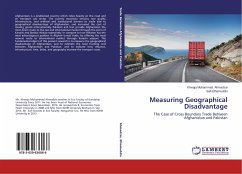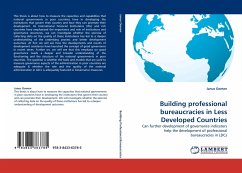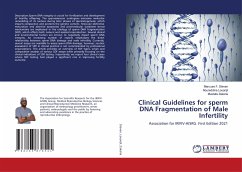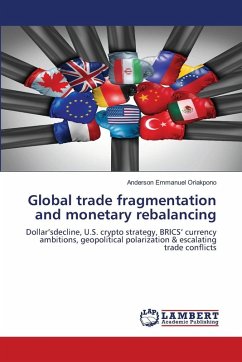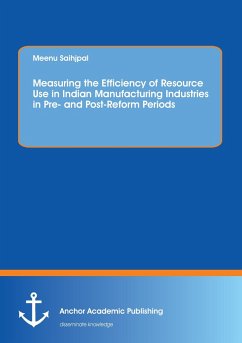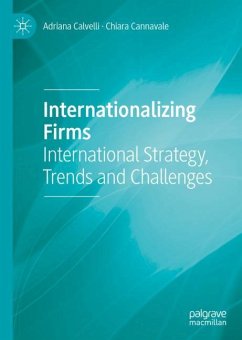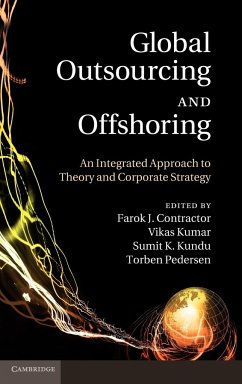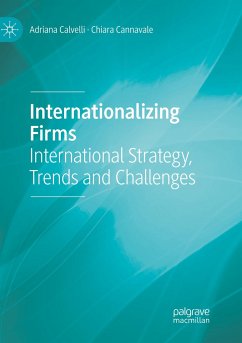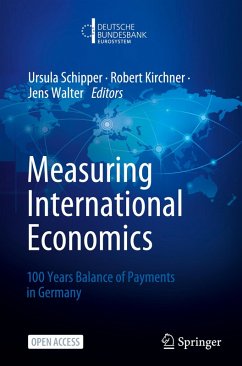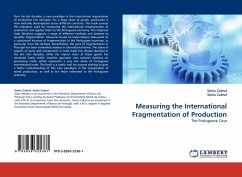
Measuring the International Fragmentation of Production
The Portuguese Case
Versandkostenfrei!
Versandfertig in 6-10 Tagen
32,99 €
inkl. MwSt.

PAYBACK Punkte
16 °P sammeln!
Over the last decades, a new paradigm in the international organization of production has emerged. For a large share of goods, production is now vertically decomposed across different countries. This book surveys the indicators used for measuring the international fragmentation of production and applies them to the Portuguese economy. The empirical trade literature suggests a range of different methods and datasets to quantify fragmentation. Measures based on Input-Output data point to a substantial increase of fragmentation in the Portuguese economy, in particular since the nineties. Neverthe...
Over the last decades, a new paradigm in the international organization of production has emerged. For a large share of goods, production is now vertically decomposed across different countries. This book surveys the indicators used for measuring the international fragmentation of production and applies them to the Portuguese economy. The empirical trade literature suggests a range of different methods and datasets to quantify fragmentation. Measures based on Input-Output data point to a substantial increase of fragmentation in the Portuguese economy, in particular since the nineties. Nevertheless, the pace of fragmentation in Portugal has been somewhat modest in international terms. The share of exports of parts and components in total trade has almost doubled in the last two decades, while the import share of these goods has remained nearly stable. Another approach uses customs statistics on processing trade, which represents a very low share of Portuguese international trade. The book is a useful tool for anyone wishing to gain a better understanding of this new paradigm in the organization of world production, as well as for those interested in the Portuguese economy.




